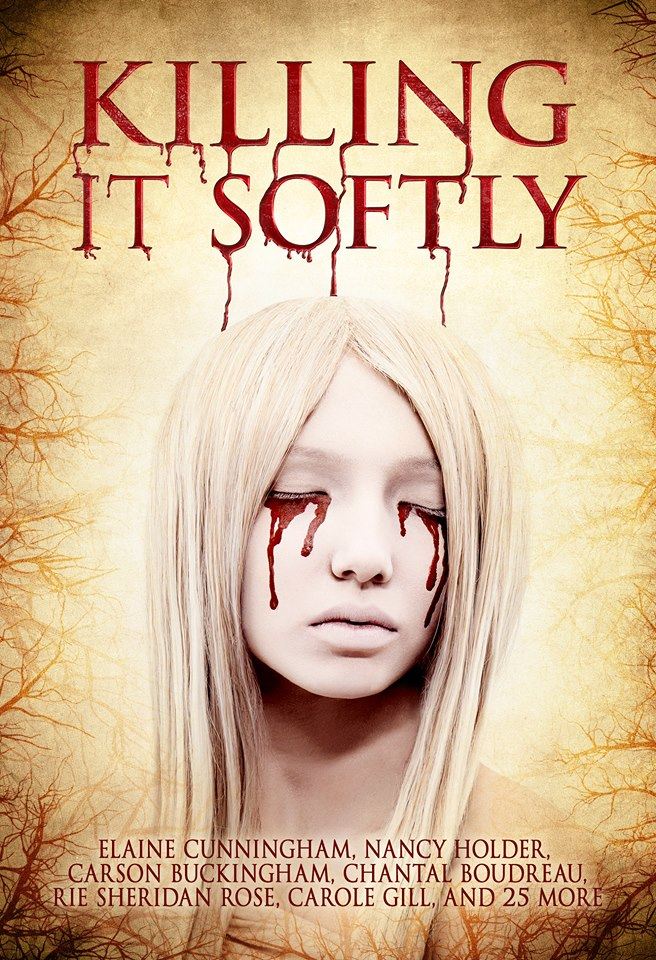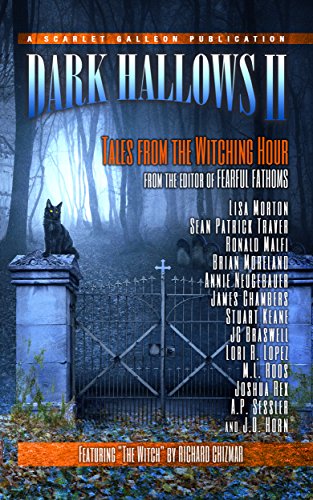One of the nicest questions I get as an author is “How can I help?” This desire to be supportive is one of the most touching things I can think of. Publishing is a career built brick by brick from the ground up, and every single brick matters.
For writers with a single-author book out, the answer is pretty easy: buy my book, read my book, buy my book, review my book, buy my book… well, you get it. But for me, since I don’t have a single-author book out yet (still working on it), the answer gets a bit muddier. I can’t in good conscious ask anyone to buy all of the anthologies, magazines, etc. that have my stories, poems, and essays in them. I mean, if someone loves my work enough to follow me that closely and buy what they can, I’m forever grateful. Truly. But I’m also a realist. If you’re like me, you have only so much book money a year, and you have dozens and dozens of authors you want to read.
So what can you do to help?
Annie’s Christmas Wish List
♦ If you can afford to spend a little, donating through PayPal is the most concrete way to support my cheese habit cover my business expenses. Even tips of one or two dollars add up!
♦ Buying the publications my work appears in may not put money directly in my pocket (I usually get paid up front rather than royalties), but it is, after all, the entire reason I write to begin with – to be read. Not to mention that each purchase to publishers who buy my work is a turn of the cog in the machine that keeps me and all writers going.
♦ Can’t afford new books right now? Much of my work is available for free online! Browse through the list here to see works to buy and read free. Looking for something specific, such as ‘pretty, not scary’ or ‘super scary plz’? I’m happy to recommend. 🙂
♦ If you read and like any of my work, leaving positive reviews wherever possible is a huge way to help spread the word. (You don’t have to mention my work specifically, either, to review an anthology or whatnot.) Amazon and Goodreads are both great.
♦ Replace your Amazon bookmark with my affiliate link. No charge to you or change to your shopping process, but I’ll get a little boost from anything you buy. If every person reading did this free, easy thing and shared it with one friend, I could probably cover my business expenses for an entire year.
♦ Even better, if you’re buying one of my books or something I recommend (I have categories for writing craft books, recommendations by genre, office décor, and more), buy directly from my Amazon Store to give me a slightly bigger cut.
♦ Like my Facebook page, set it to “see 1st,” and like/share as many posts as you feel apt to. It really helps with exposure, because Facebook is a butthead. Likewise friending/following/sharing on Twitter, Goodreads, and Amazon is nice. They are slightly less of buttheads but also slightly less effective.
♦ If you know someone who might like my work, whether the horror, the poetry, or even my blog, please share it with them. That means the world to me.
♦ Subscribe to my blog so you get all of my latest news, discussions, and publications. Thoughtful comments are also always welcome, because no one likes feeling like they’re shouting into the void.
♦ And last but certainly not least, if you have anything nice to say, I’d love to hear it, even if I don’t know you, even if it’s just to say, “I look forward to your blogs in my inbox,” “Your poem in that magazine was cool,” or “Hey, nice cheese collection.” Seriously, the occasional reader note of encouragement is invaluable when the path looks long and dark. They keep me going. ♥
Thank you all, so much, for your support. Happy holidays of every flavor, friends.

 It’s no secret that I love Edgar Allan Poe, so it’s probably no big surprise that I have a short story homage to him. “The Call of the House of Usher” is a modern story in Poe’s style that takes place generations after “The Fall of the House of Usher.” Our fateful narrator becomes haunted (stalked?) by a mysterious presence and is summoned to his ‘long lost family home’ to restore it. Things, of course, are rarely what they seem, and the past has a way of clinging.
It’s no secret that I love Edgar Allan Poe, so it’s probably no big surprise that I have a short story homage to him. “The Call of the House of Usher” is a modern story in Poe’s style that takes place generations after “The Fall of the House of Usher.” Our fateful narrator becomes haunted (stalked?) by a mysterious presence and is summoned to his ‘long lost family home’ to restore it. Things, of course, are rarely what they seem, and the past has a way of clinging.




